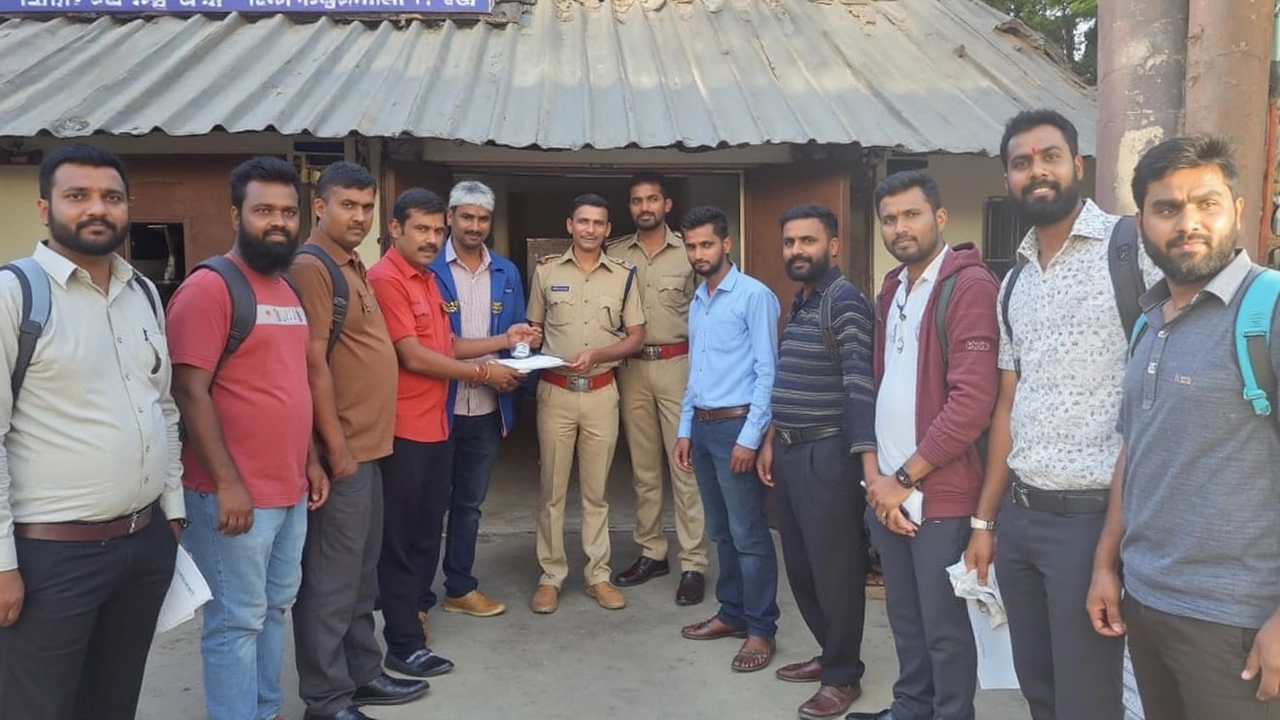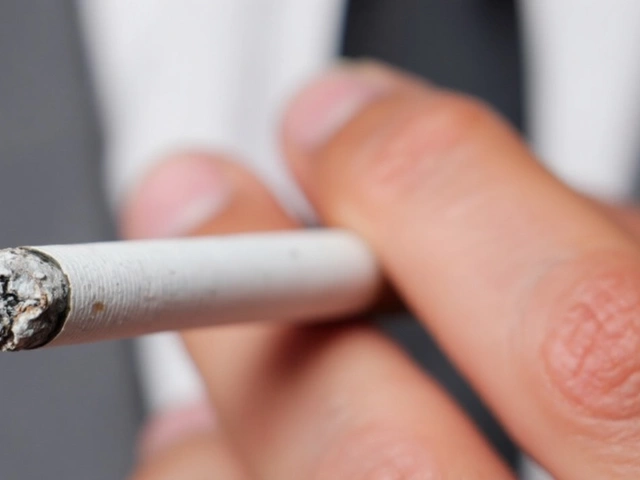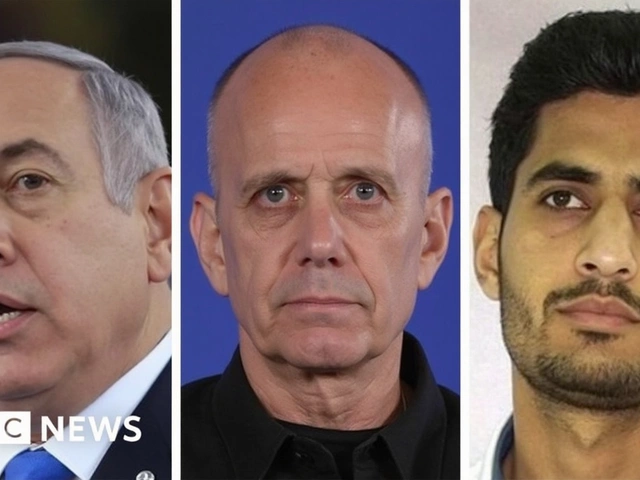Railway Extortion by Transgender Groups Puts Spotlight on Passenger Safety
Traveling by train in India is usually a routine affair—except when intimidation and threats become part of the journey. That’s exactly what passengers have been up against, as extortion by transgender groups has turned into an alarming problem on the country’s busiest rail routes. Government data shows that authorities have made more than 73,000 arrests in the past four years to tackle organized crime syndicates targeting travelers from Delhi to Howrah, Mumbai, Agra, and other major cities.
What’s going on here? For years, train passengers have complained about groups of transgender individuals demanding cash, often using verbal abuse or even physical threats. It’s gotten to the point where some travelers fork over money just to avoid a confrontation, while others feel stranded, unable to summon help when things turn ugly. The trouble doesn’t end there—these groups often buy valid tickets, making it hard for railway police to identify whether they’re regular commuters or part of an organized extortion racket.

Authorities Step In, But Passengers Still Face Threats
In places like Agra, police have taken sharper aim at the issue. Jogendra Kumar, superintendent of the Government Railway Police (GRP), mentioned that at least 17 transgender individuals have been arrested in Agra since early 2019. Similar crackdowns are happening across the rail network, with major operations coordinated by both the GRP and the Railway Protection Force (RPF). Ahmedabad is now making headlines because reports of such extortion are actually rising, not dropping.
To give some perspective, back in 2018, the Railway Ministry revealed that more than 20,000 transgender people had been arrested for extortion in just one year. It’s clear that traditional law enforcement tactics—random checks or spot arrests—aren’t enough. Passengers are repeatedly encouraged to use the national emergency helpline (dial 112) if they find themselves threatened, yet many say they’re too intimidated to draw further attention by calling for help. Co-passengers often look the other way, leaving victims to face the ordeal alone.
Here’s an interesting twist: Since 2016, railways have listed ‘third gender’ as an official category for ticket booking, thanks to a Supreme Court order. The idea was to promote acceptance and ensure the rights of transgender people. But inclusion on paperwork hasn’t stopped the harassment. Instead, this legal recognition sometimes allows organized groups to blend in with law-abiding travelers, making it tougher for police to figure out who’s responsible for the trouble.
The big picture? Policing India’s sprawling, crowded train network is never easy. Responsibility falls mainly on state law enforcement—specifically the GRP—while the RPF adds manpower and resources. Still, with cases of psychological trauma and ongoing reports of passengers paying bribes to avoid a scene, there’s clearly a huge gap between official action and what travelers actually experience. It’s a problem in plain sight, playing out every day in packed train coaches, with solutions proving elusive so far. For anyone riding these routes, staying alert and turning to the railway extortion helpline might be the safest bet.



